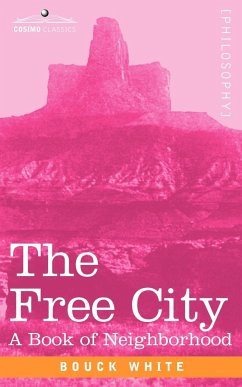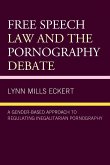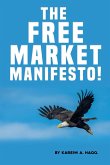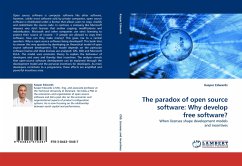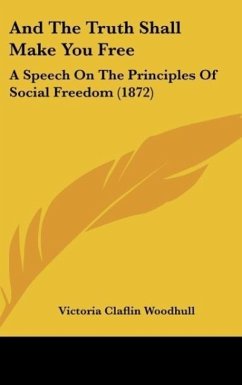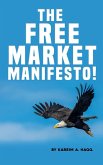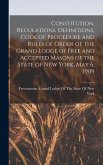As the United States endured a lingering economic hangover from the excesses of the Gilded Age and the last wars fought by monarchs was raging in Europe, Bouck White-a Congregationalist minister and champion of the poor and working class in New York CIty-was busy making himself the bane of the elite of Manhattan with his revolutionary, to some, philosophy about God and wealth: namely, that God frowned up it. Here, in this 1919 book, White, a consummate New Yorker as much as he was a dedicated troublemaker, examines the concept of "city" itself throughout history and how the masses have always related to it as an entity. In impassioned, radicalizing language, he examines: . Athenian self-ownership . the patriotism of Jesus . industrial democracies . the city state as a work state . the mysticism of municipality . and more. American minister and author BOUCK WHITE (1874-1951) also wrote Quo Vaditis (1903), The Book of Daniel Drew (1910), The Call of the Carpenter (1911), The Mixing (1913), The Carpenter and the Rich Man (1914), and Letters from Prison (1915).
Hinweis: Dieser Artikel kann nur an eine deutsche Lieferadresse ausgeliefert werden.
Hinweis: Dieser Artikel kann nur an eine deutsche Lieferadresse ausgeliefert werden.

